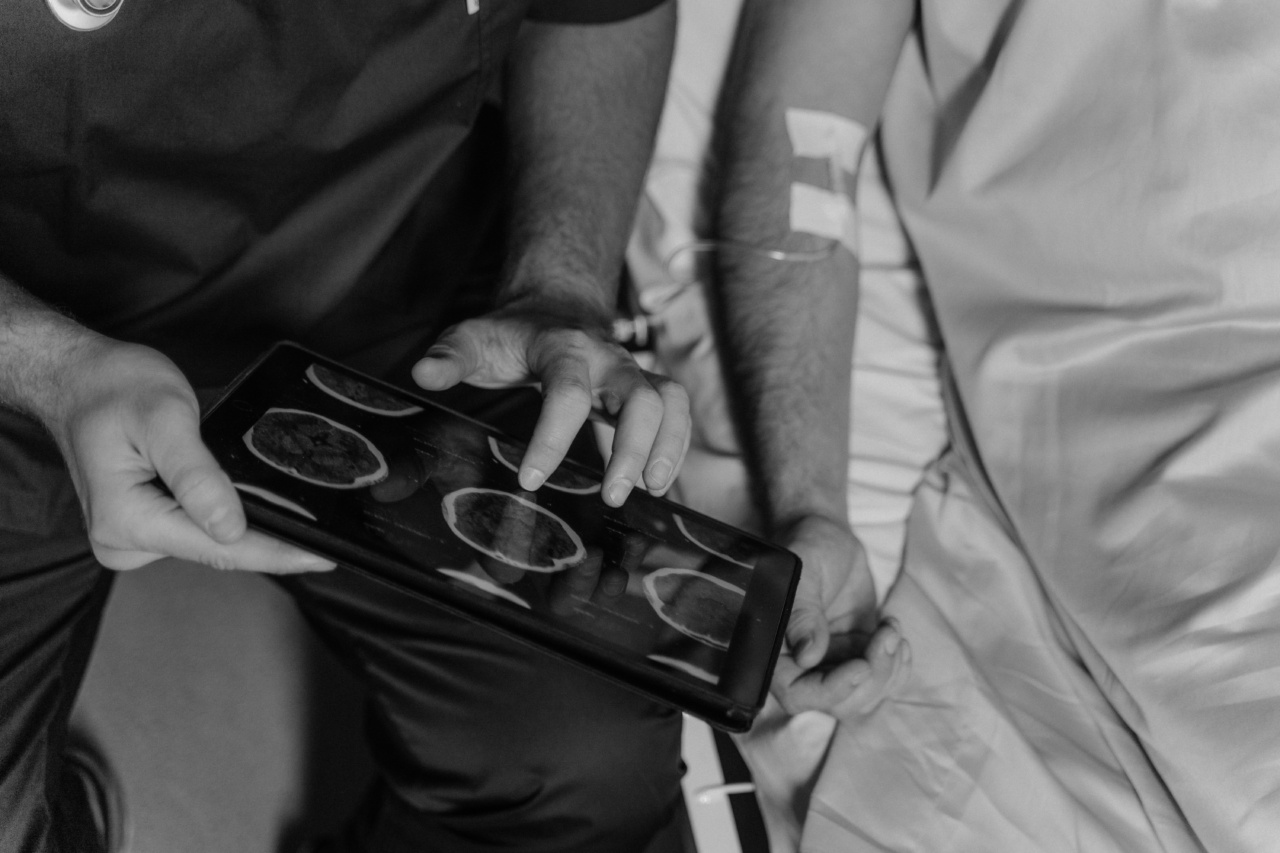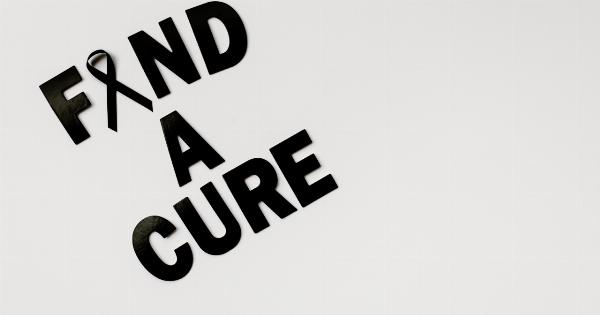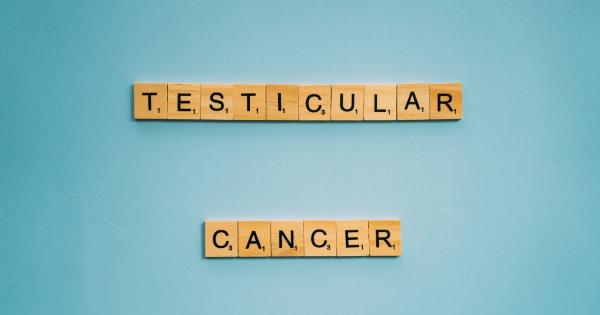Cancer is a prevalent disease that claims the lives of millions of people worldwide each year. It can affect anyone regardless of age, gender, or background.
While some forms of cancer have noticeable symptoms, others may be more difficult to detect, especially during the early stages.
Unfortunately, men often overlook or miss common cancer symptoms, leading to delayed diagnosis and treatment. It is crucial for men to be aware of these symptoms and seek professional medical assistance if they persist.
In this article, we will discuss some of the most common cancer symptoms that men tend to overlook.
1. Persistent Cough
A persistent cough can be a symptom of various cancers, including lung, throat, or esophageal cancer. Many people attribute a chronic cough to smoking or other non-cancerous respiratory conditions.
However, if you have a cough that lasts longer than three weeks or is accompanied by other concerning symptoms like blood in the phlegm, chest pain, or unexplained weight loss, it is essential to consult a healthcare professional.
2. Unexplained Weight Loss
While weight loss is often seen as a positive change, unexplained weight loss can indicate an underlying health issue, including cancer.
Rapid and unintentional weight loss can be linked to various types of cancer, such as pancreatic, stomach, lung, or esophageal cancer. If you notice a significant and unexplained drop in your weight without changes to your diet or exercise routine, it is advisable to seek medical evaluation.
3. Changes in the Testicles
Testicular cancer is most common in younger men, usually between the ages of 15 and 49. Any abnormal changes in the testicles should be taken seriously as they may be an indication of cancer.
These changes can include swelling, lumps, tenderness, or a change in size or shape. Regular self-examination of the testicles is crucial to detect any unusual changes early on.
4. Blood in Urine or Stool
Finding blood in the urine or stool can be alarming and should never be ignored. It can be a symptom of various cancers, such as bladder, kidney, or colorectal cancer.
If you notice blood in your urine or stool, it is essential to consult a healthcare professional for further evaluation and diagnosis.
5. Difficulty Swallowing
Persistent difficulty in swallowing, also known as dysphagia, may be a sign of throat or esophageal cancer. This symptom is often attributed to other conditions like acid reflux or gastroesophageal reflux disease (GERD).
However, if the difficulty persists despite proper treatment, it is crucial to consult a medical professional to rule out the possibility of cancer.
6. Changes in the Skin
Changes in the skin, such as the appearance of new moles or changes in existing moles, can indicate skin cancer. Skin cancer, including melanoma, is more common in men than women.
It is important to regularly check your skin for any abnormalities, particularly if you have a history of sun exposure or a family history of skin cancer.
7. Chronic Fatigue
Feeling persistently tired or fatigued, even after getting adequate rest, can be a symptom of various types of cancer. While fatigue is a common occurrence in everyday life, ongoing and unexplained fatigue may warrant medical attention.
If you experience chronic fatigue accompanied by other symptoms or if it significantly impacts your daily activities, consult your healthcare provider.
8. Changes in the Breast
While breast cancer is less common in men than in women, it is still possible. Men should also be vigilant about any changes in their breast tissue.
These changes may include the presence of lumps or masses, nipple discharge, or changes in the size or shape of the breast. Any unexplained changes in the breast should be examined by a healthcare professional.
9. Persistent Heartburn
Heartburn is a common digestive issue that can usually be managed with lifestyle changes or over-the-counter medications.
However, if you experience frequent or persistent heartburn that does not respond to treatment, it is crucial to consult a healthcare professional. Chronic heartburn may be a symptom of esophageal cancer.
10. Urinary Problems
Urinary problems, such as frequent urination, blood in the urine, or difficulty urinating, can be symptoms of bladder or prostate cancer.
These symptoms are often attributed to other non-cancerous conditions, such as urinary tract infections or prostate enlargement. However, it is important to get evaluated by a healthcare professional to rule out any underlying cancerous conditions.































